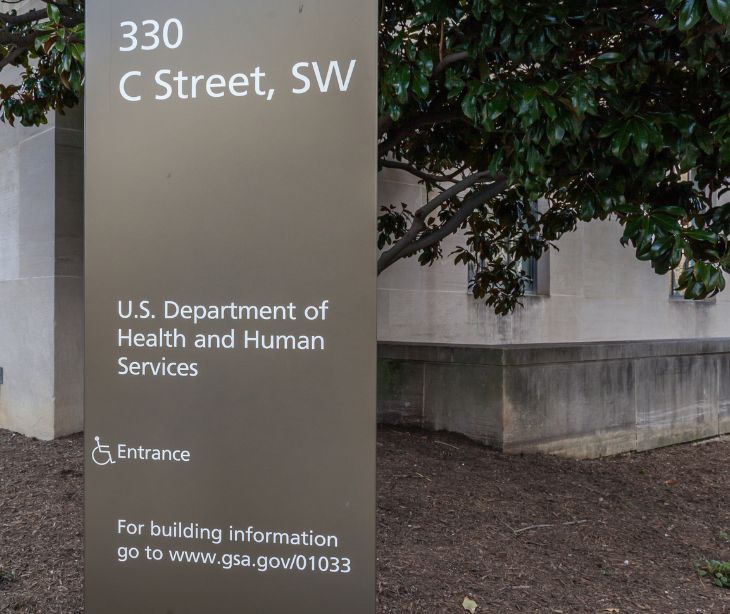
The HHS OCR entered into a settlement with the Delaware Department of Health and Social Services, resolving a complaint filed in 2023.
The timeline
On August 18, 2023, the Delaware Disability Rights Center filed a complaint on behalf of an individual whose name was redacted. The complaint alleged that the Delaware Department of Health and Social Services (DMMA) discriminated against the individual based on disability by failing to provide necessary home health services, home modification, and specialty equipment. After investigating, the OCR notified DMMA on September 22, 2023, of its authority to investigate the violation.
The parties engaged in the Ex[pedited Complaint Resolution (ECR) process, holding meetings on October 4, 2024; December 7, 2023, and April 1, 2024. As part of the resolution, DMMA, through its Managed Care Organization (MCO), Delaware First Health (DFH), took corrective actions. The individual was discharged from the nursing home they resided in from 2021 to 2024 on November 1, 2024.
A closer look at the violation
The violation can be summarized as follows:
- DMMA failed to provide necessary home health services, home modifications, and specialty equipment for the individual.
- A patient was institutionalized in a nursing home as a result.
- The failure to provide services violated the person's right to live in the most integrated setting.
- The violation occurred under Section 504 of the Rehabilitation Act, Section 1557 of the Affordable Care Act, and Title II of the Americans with Disabilities Act.
The relation to the Olmstead case
The link between the Olmstead decision and this case lies in the principle of the “most integrated setting” for individuals with disabilities. In Olmstead v. L.C (1999), the U.S. Supreme Court ruled that under the Americans with Disabilities Act (ADA), public entities are required to provide services to individuals with disabilities in the least restrictive and most integrated setting appropriate to their needs. In this case, DMMA violated this principle by failing to provide the necessary home services required by the Olmstead ruling.
A breakdown of the settlement
- DMMA and DFH provided the individual with specialty equipment, including a BiPAP machine and other tools for daily living, to support their return to the community.
- DMMA and DFH completed necessary home modifications, like deck renovations, door widening, and installing a vertical platform lift.
- DMMA and DFH conducted evaluations to determine the individual's personal support needs.
- DMMA agreed to regularly review and adjust medically necessary services.
- DMMA agreed not to alter the individual's care plan without proper assessments, consultations, and notification to OCR.
How the breach could have been avoided
Timely and coordinated evaluations
- Regular assessments of eligibility for long-term care (LTC) and other support services should have been conducted to prevent service interruptions.
- Early identification of the need for specialty equipment, home modifications, and community-based services could have facilitated a smoother transition back to the community.
Improved communication with stakeholders
DMMA and DFH should have maintained transparent and consistent communication with the individual. Clear channels for reporting problems or requesting services would have mitigated the risk of service delays or denials.
Flexible service caps and exceptions
- The $20,000 lifetime cap for home modifications should have been reviewed for adequacy in supporting individuals with complex needs.
- Clear criteria and processes for granting exceptions to these limits would have allowed for timely approval of necessary services without undue delays.
Related: HIPAA Compliant Email: The Definitive Guide
FAQs
How does the ACA interact with HIPAA?
The Affordable Care Act (ACA) builds on HIPAA’s privacy protections by reinforcing the need to safeguard protected health information while promoting data standardization.
What are the limitations to the HHS OCR’s authority in a healthcare setting?
The HHS OCR has limited authority to enforce HIPAA regulations, mainly focusing on investigating complaints and conducting compliance reviews without the power to impose fines directly unless a violation is confirmed.
What is an expedited settlement?
An expedited settlement is a process that allows for a quicker resolution of disputes or violations.
Subscribe to Paubox Weekly
Every Friday we'll bring you the most important news from Paubox. Our aim is to make you smarter, faster.



